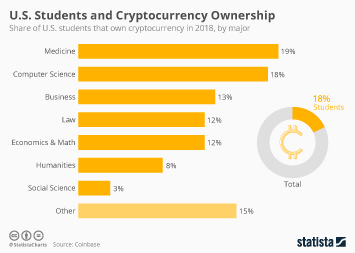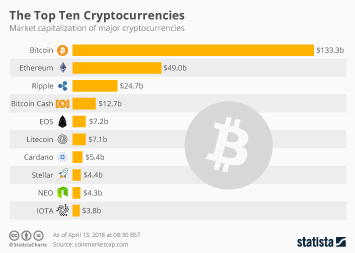Even though the overall crypto winter seems to have passed, with Bitcoin and Ethereum bouncing back to May 2022 levels and bigger waves of layoffs at crypto companies being a thing of the past, the industry continues to face regulatory and legal challenges. After FTX CEO Sam Bankman-Fried was found guilty of money laundering and fraud earlier this month, Changpeng Zhao, former head of crypto exchange Binance, has resigned following guilty pleas on federal charges of violations of sanctions and anti-money laundering rules contained in the Bank Secrecy Act. This plea is connected to forfeiture of $2.5 billion and $1.8 billion in criminal fines. As our chart based on data compiled by crypto analysts at The Block shows, this legal scandal didn't detract from Binance's dominance in terms of trading activity.
With a trading volume of $3.3 trillion between January 1 and November 23, the exchange founded in 2017 is still leagues ahead of its closest competitors Upbit, OKX and Coinbase. Important to note: Even though all of these exchanges exhibit massive movements of funds, these movements still drastically declined in volume compared to the previous year for many of the big players. For example, between January and July 2022 Binance had already surpassed the figures accumulated between January and November of this year, while Coinbase had already hit that threshold in April of last year.
Since its inception, cryptocurrency has stood on shaky ground in the eyes of lawmakers due to its decentralized and heavily unregulated nature. For Attorney General Merrick B. Garland, the rulings concerning FTX and Binance are prime examples that crypto exchanges can't operate outside of guidelines set for financial institutions and products without facing repercussions. "In just the past month, the Justice Department has successfully prosecuted the CEOs of two of the world's largest cryptocurrency exchanges in two separate criminal cases," said Garland in a U.S. Department of Justice press release. "The message here should be clear: using new technology to break the law does not make you a disruptor, it makes you a criminal."


















